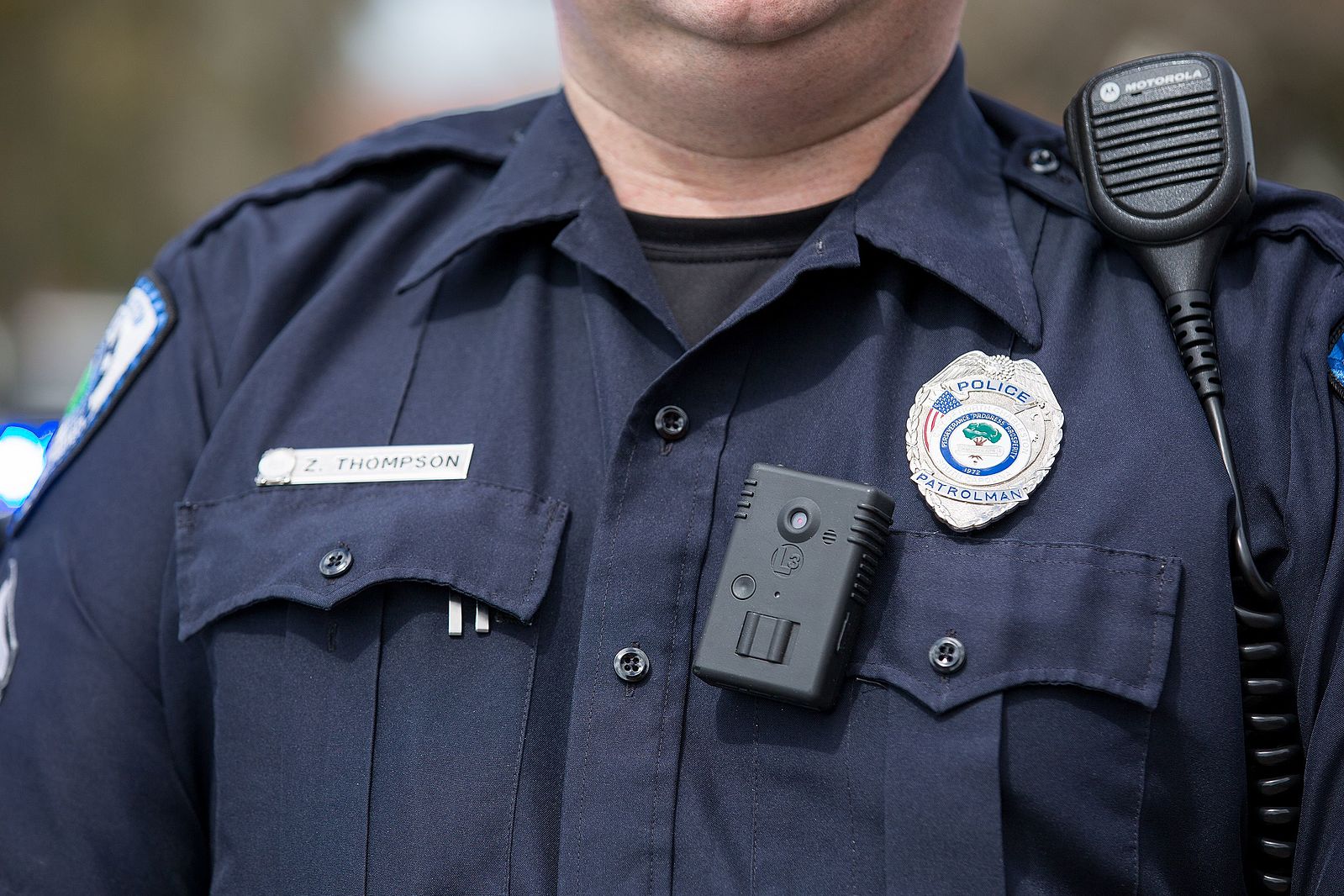Massachusetts bodycam, dashcam footage should be publicly accessible

Massachusetts lawmakers are considering legislation that would exempt all law enforcement body-worn and dashboard camera footage from public disclosure under the Massachusetts Public Records Law. House Bill 2120 includes a provision, Section 7, that would make all such recordings completely exempt from public disclosure, even in cases involving allegations of police misconduct and other matters of public concern. The Reporters Committee for Freedom of the Press strongly opposes this proposed wholesale exemption of bodycam and dashcam recordings from public disclosure.
Reporters Committee Executive Director Bruce Brown made the following statement:
“The purpose of police bodycams and dashcams is to increase transparency and law enforcement accountability to the public, which ultimately fosters trust between law enforcement and the communities they serve. Preventing public disclosure of bodycam and dashcam recordings in all cases runs counter to that purpose. Bodycams and dashcams cannot be effective tools for accountability if the public can never see the images they capture.”
On July 23, the Reporters Committee and 26 organizations sent a letter to Joint Committee on Public Safety and Homeland Security Chairman Michael Moore, Vice Chairman Paul Feeney, Chairman Harold Naughton and Vice Chairman Alan Silvia, urging them to remove the section of the bill that would exempt bodycam and dashcam recordings from the definition of “public record” under the Commonwealth’s Public Records Law.
“Bodycam and dashcam videos are a vital — and, in some cases, the only — source of objective information about law enforcement conduct when witness and police statements conflict or do not accurately portray events,” the letter reads. “Bodycam video has likewise played an important role in ensuring law enforcement oversight and accountability.”
Read the coalition’s letter.